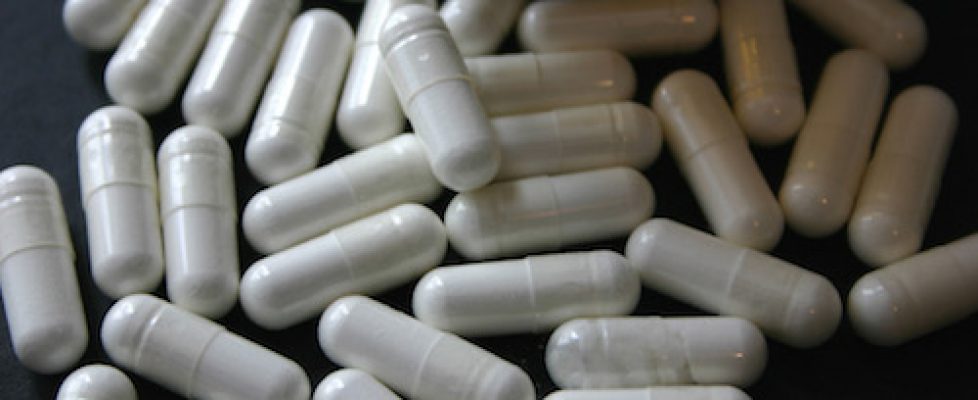How Much Lysine
Do I Need to Take
to Prevent Outbreaks?
This is a tough question to answer directly because it depends greatly on each individual’s specific diet. However, nutrition is key to preventing herpes outbreaks. Some people naturally consume high levels of lysine (l-lysine) compared to arginine
and would need significantly less lysine supplementation to prevent herpes outbreaks.
Other people like vegans or athletes either consume relatively little lysine on their regular diet or utilize it so fast for muscle building and repair that they need to supplement with significantly higher doses.
Take a Food Inventory
The best way to approach this question is to make a list of foods that you commonly eat and then make two columns next to this list. Title one column “lysine” and the other “arginine”.
Next, visit the SuperTracker at choosemyplate.gov and look up each food on the list. Write down its lysine and arginine values.
Calculate How Much Lysine vs Arginine You Eat
Once you have the values for each of the foods on your list, do a simple tally of each column. What is the ratio of lysine to arginine? Is lysine significantly higher, about the same, or significantly lower than arginine?
Of course, this will not tell you your daily ratio of lysine to arginine. In order to get that, you would have to make a list each day of those foods and tally those amounts. Most of us will not take the time to do that, so just getting a ballpark idea of our lysine to arginine ratio is a good jumping-off point.
Even if you don’t want to track your meals every day, you might track them for one week to get a typical day-by-day ratio. If you make your original list of foods you commonly eat in a spreadsheet, then you just need to copy and paste your data to calculate your daily values.
Estimating How Much Lysine to Prevent Herpes Outbreaks
The commonly recommended dosage of lysine to prevent herpes outbreaks is 1,000 mg three times a day. The idea is to constantly provide your body with a supply of lysine so that you don’t have peaks of high lysine and then nothing until you take it again the next day.
Whether or not this dose will be effective for you is based on what kind of diet you eat and what your body’s need for lysine is. If you eat meat, dairy and eggs, you probably will need less lysine than a vegan who consumes lots of nuts and seeds. This is because animal products have a lot of lysine whereas the nuts and seeds eaten by vegans typically have high levels of arginine. Vegans have a rather difficult time keeping their lysine numbers high, so their doses are likely going to be considerably higher than that of a meat eater.
So, to estimate your dosage of lysine, have a look at the values you calculated and see if your diet is high in lysine, moderate in lysine, or low in lysine compared to arginine. If you are moderate in lysine, try starting with the 1,000 mg three times per day. If you are high in lysine, try 1,000 mg twice a day. If you are low in lysine, try 1,000 mg four times a day.
If you find that you are still experiencing outbreaks, try upping the frequency of your dosage or try a higher dose.
Who Should Not Take Lysine?
As always, before taking any supplement, it is wise to consult your physician first. Some people may have medical conditions that make taking lysine to prevent herpes outbreaks inadvisable or that may indicate smaller amounts of lysine would be more appropriate. Lysine does more than just help prevent herpes outbreaks, so be sure that you are not at risk for other possible interactions before taking high doses of lysine.
If you have high cholesterol, heart disease, or high triglycerides you may wish to avoid taking lysine or keep a close eye on your cholesterol and triglyceride numbers. It is important to realize that just because a supplement may help one condition that it also affects other systems in the body and may cause problems for you in other areas.
If you take a calcium supplement, be aware that lysine increases the amount of calcium your body can absorb. You may also wish to have your calcium levels checked and possibly reduce your dose.



